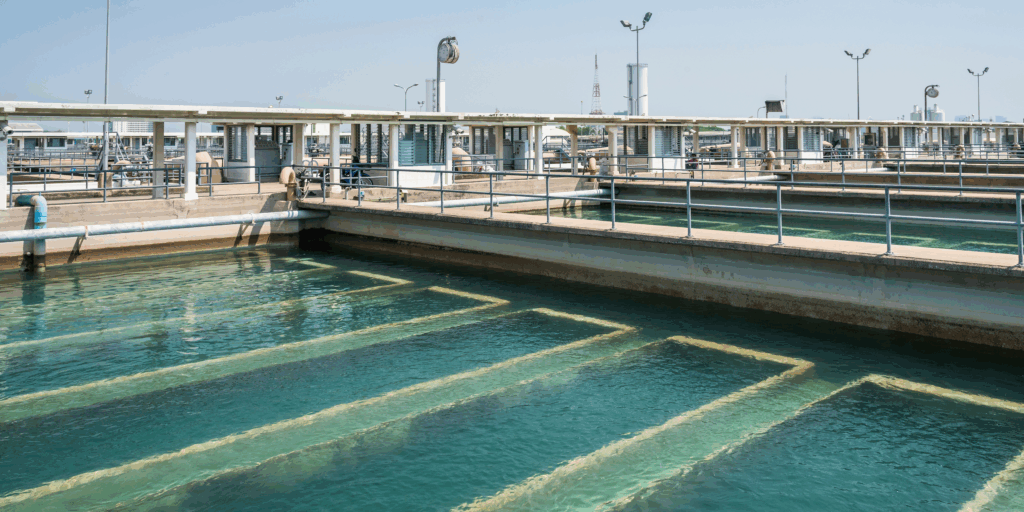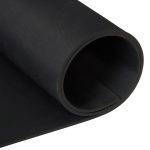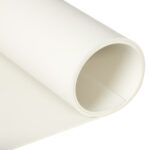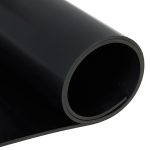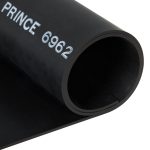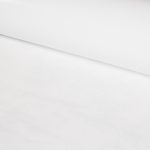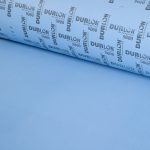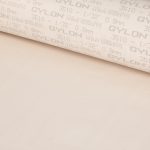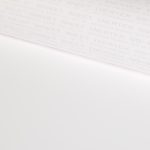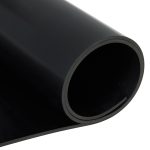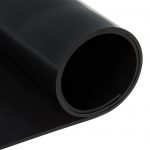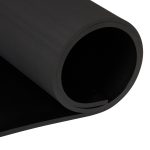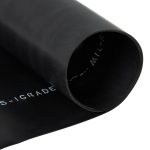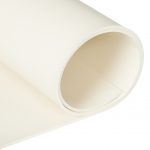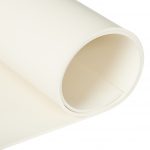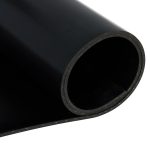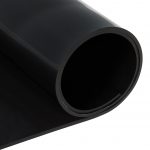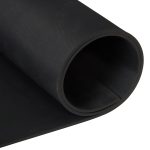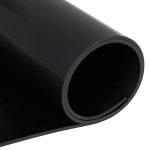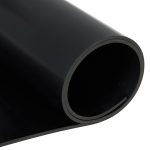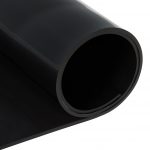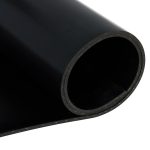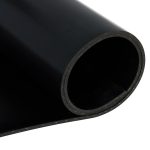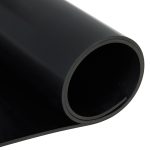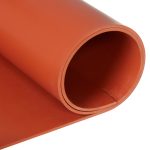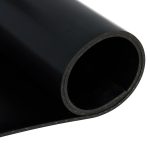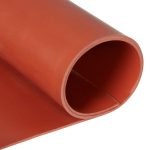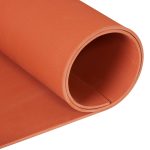Gasket Materials for Water & Wastewater Applications
Selecting the right gasket material is critical for ensuring reliability, efficiency, and regulatory compliance in water and wastewater applications. Choosing the right gasket can significantly impact the longevity and safety of your infrastructure, particularly in challenging environments that involve chemical exposure, fluctuating temperatures, and varying pressures. Complying to standards set by regulatory bodies like NSF International, ASTM, and ASME is also essential.
Importance of Proper Gasket Selection
Gaskets serve as critical sealing components in water and wastewater systems, preventing leaks and maintaining pressure integrity. The selection of gasket material must consider:
- Chemical Exposure: Resistance to chemicals such as chlorine, acids, and alkalis commonly found in treatment processes.
- Temperature and Pressure: Ability to perform under varying temperatures and pressures without degradation.
- Regulatory Compliance: Meeting standards like NSF/ANSI 61 for materials in contact with potable water.
Common Gasket Used for Water & Wastewater Applications
1. EPDM (Ethylene Propylene Diene Monomer)
EPDM is highly valued for its excellent resistance to ozone, weathering, UV exposure, and aging. Garlock, a trusted brand in gasket highlights that EPDM demonstrates exceptional durability in dilute acids, alkalis, and water-based chemicals, making it ideal for applications exposed to outdoor and environmental elements.
- Pros: Great resistance to water, steam, UV, and aging; good flexibility; widely available in NSF-61 certified grades.
- Cons: Poor resistance to oils, fuels, and many solvents.
Common Applications: Mainly used for potable water applications such as flanges, pumps, valves, and seals. EPDM is the most widely used material that is NSF-61 certified for drinking water.
Certification: Generally NSF/ANSI 61 certified.
EPDM Products
2. PTFE (Polytetrafluoroethylene)
PTFE is known for chemical resistance, effectively operating in aggressive chemical environments and extreme temperatures ranging from -200°C to +250°C. Most PTFE products are designed to withstand demanding chemical processes.
- Pros: Exceptional chemical inertness, broad temperature compatibility, minimal water absorption.
- Cons: Limited elasticity, prone to cold flow under sustained pressure.
Common Applications: PTFE is optimal for chlorine systems, chemical injection, and aggressive wastewater treatment processes.
Certification: NSF/ANSI 61 certified (Garlock’s GYLON® and Durlon® 9000 series).
PTFE Products
3. Nitrile (Buna-N)
Nitrile, also known as Buna-N, is a synthetic elastomer that is manufactured from a copolymer of acrylonitrile and butadiene. Nitrile offers reliable performance in environments that involve oils, fuels, and moderate chemicals.
- Pros: Excellent resistance to hydrocarbons, fuel and oils; good durability.
- Cons: Poor ozone and UV resistance; unsuitable for prolonged outdoor exposure.
Common Applications: Recommended for wastewater applications where lubricants or hydrocarbon oils may be present.
Certification: Meets various ASTM specs, but typically not NSF 61 certified.
Nitrile Products
4. Neoprene
Neoprene is recognized for its balanced chemical resistance, moderate oil resistance, and environmental durability within temperatures from -35°C to +100°C, as noted by Durlon, a gasket manufacturer.
- Pros: Versatile and durable; moderate oil and weather resistance.
- Cons: Not ideal for strong chemicals or extreme conditions.
Common Applications: Commonly sold for non-potable water applications such as utility water, HVAC, and general-purpose sealing.
Certification: Meets ASTM and UL standards. FDA grades are available. Not commonly NSF certified.
Neoprene Products
5. SBR (Styrene Butadiene Rubber)
SBR rubber provides reliable performance for general-purpose water and wastewater applications. Known for its abrasion resistance and durability, SBR is ideal for non-aggressive chemical environments. According to Custom Gaskets Ltd.’s product guide, SBR demonstrates good mechanical properties and affordability.
- Pros: Good abrasion resistance, economical.
- Cons: Limited resistance to oils and aggressive chemicals.
Common Applications: Frequently used in wastewater systems, gaskets for general sealing, flanges, and piping.
Certification: Meets ASTM D1330 Grade 1 or 2 specs. Not NSF/ANSI 61 certified.
SBR Products
Choosing the right gasket involves careful consideration of chemical compatibility, temperature, and regulatory compliance. Custom Gaskets Ltd. provides expert advice and offers NSF-certified solutions, such as Durlon 8500 and Garlock GYLON, ensuring optimal performance and compliance tailored to your specific needs.
Explore our full range of gasket solutions here or contact us today for expert recommendations, free consultations, and comprehensive product datasheets tailored to your application requirements.
